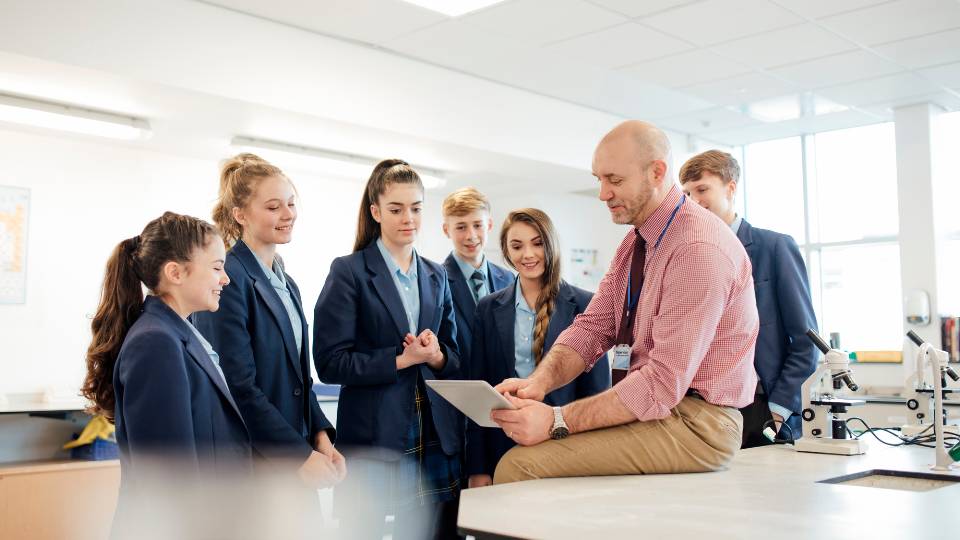
As summer winds down and the new school year approaches, families everywhere are preparing for the transition back to the classroom.
From shopping for supplies to organising schedules, there’s a lot to do to ensure a smooth start.
This year, why not add a green twist to your back-to-school preparations?
At Waste Managed, we’re committed to sustainability, and believe that everyone can contribute to a healthier planet – starting with simple changes at home and at school.
Here are some practical tips for reducing waste and promoting sustainability as you head back to school.
Table of Contents
- 1. Choose Reusable School Supplies
- 2. Pack a Waste-Free Lunch
- 3. Buy Second-Hand or Recycled Supplies
- 4. Promote a Green Commute
- 5. Get Involved in School Sustainability Initiatives
- Conclusion
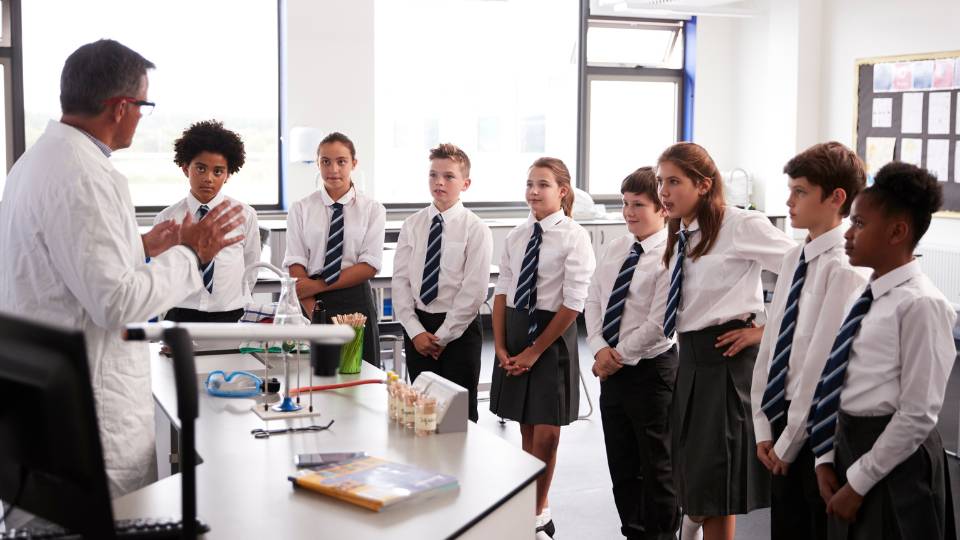
1. Choose Reusable School Supplies
One of the easiest ways to cut down on waste is to opt for reusable and durable school supplies.
Instead of single-use plastic items, look for:
- Reusable lunch containers and water bottles:
Stainless steel or BPA-free plastic containers and water bottles can last years and help reduce the need for disposable plastic bags and bottles.
- Eco-friendly notebooks and ring binders/ folders:
Many shops offer notebooks made from recycled paper and binders that are built to last.
You can even find refillable options for long-term use.
- Sustainable pens and pencils:
Consider refillable pens and mechanical pencils, or choose those made from recycled materials.

2. Pack a Waste-Free Lunch
Lunchtime is a major source of waste in schools – but it doesn’t have to be!
By making a few adjustments, you can significantly reduce the amount of rubbish generated:
- Use reusable sandwich bags:
Skip the plastic bags in favour of durable, washable sandwich bags.
A great alternative is food-safe beeswax wrap!
- Ditch single-use items:
Avoid plastic utensils, straws, and single-serving packages.
Instead, pack stainless steel cutlery, cloth napkins, and food in bulk to minimise packaging waste.
- Compost food scraps:
If your school has a composting programme, encourage your child to participate.
If not, consider starting one or composting at home.

3. Buy Second-Hand or Recycled Supplies
New school supplies are often a necessity, but you can reduce your environmental impact by shopping smart:
- Charity shops, thrift shopping and online marketplaces:
These can be great places to find gently used clothing, backpacks, and other school essentials at a fraction of the cost.
- Recycled paper products:
Opt for notebooks, paper, and other supplies made from recycled materials.
- Digital textbooks and resources:
Whenever possible, choose digital versions of textbooks and other learning materials to reduce paper consumption.
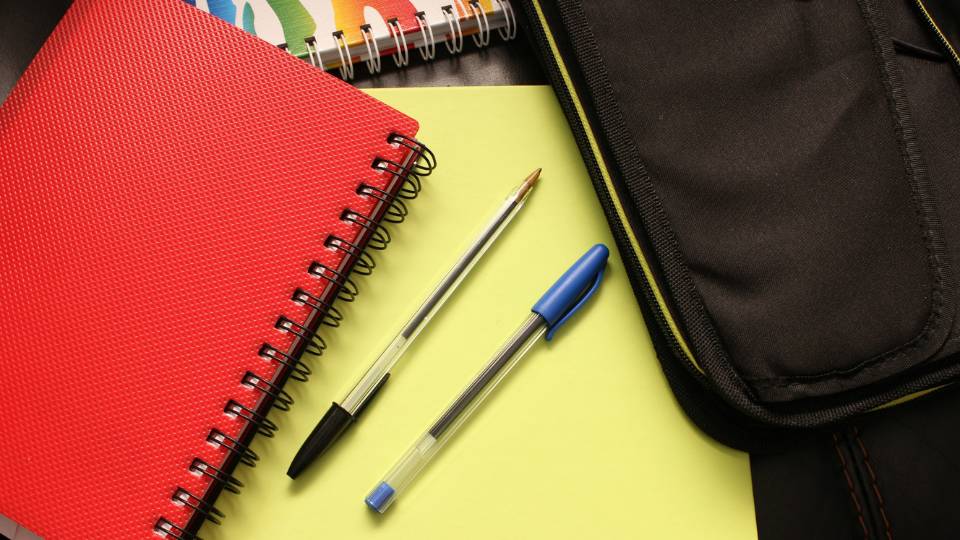
4. Promote a Green Commute
How students get to and from school can have a significant impact on the environment.
Here are some greener transportation options:
- Walk or bike:
If you live close to school, encourage walking or biking.
It’s healthy for the planet and you or your child.
- Carpool:
Organise a carpool with other families to reduce the number of cars on the road.
- Public transportation:
If available, public transit is a more sustainable option than individual car rides.
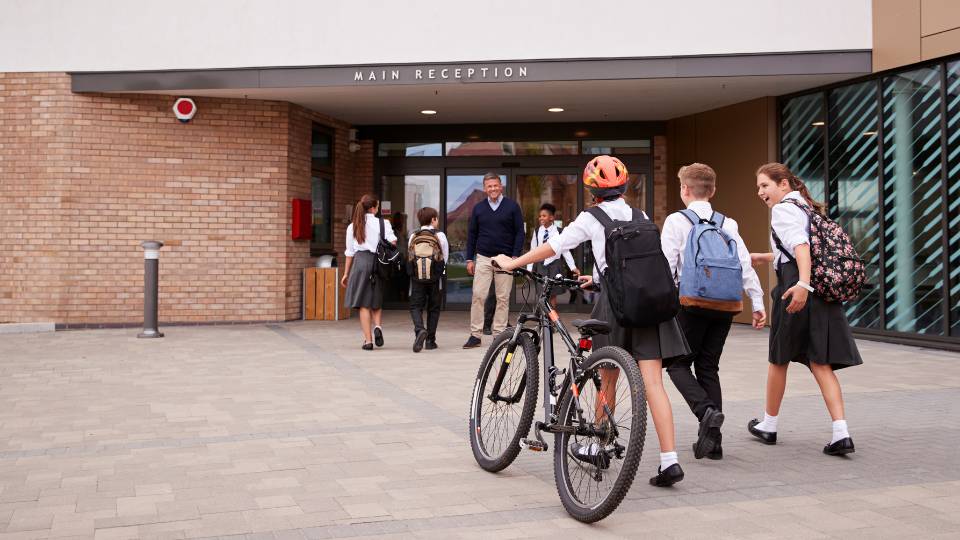
5. Get Involved in School Sustainability Initiatives
Many schools have programmes aimed at reducing waste and promoting sustainability.
Here are some ways to get involved:
- Join or start a green team:
Work with other parents, teachers, and students to promote recycling, composting, and other green initiatives at school.
- Advocate for sustainable practices:
Encourage your school to adopt more sustainable practices, such as using energy-efficient lighting, reducing paper use, and improving recycling programmes.
- Educate and inspire:
Help raise awareness about the importance of sustainability through school events, newsletters, and classroom activities.
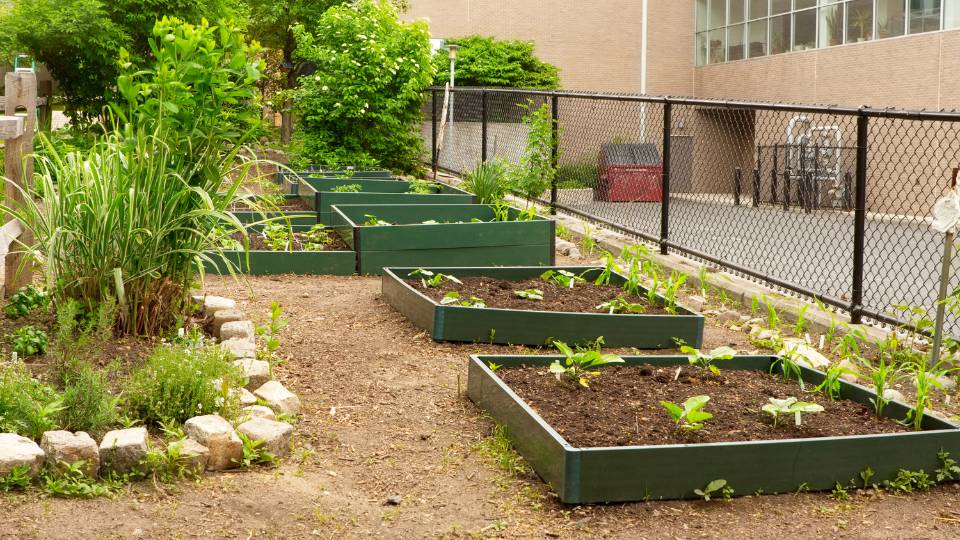
Conclusion
Going back to school is an exciting time for students and families.
By incorporating sustainable practices into your preparations, you can help reduce waste and promote a healthier environment.
Remember, every small change can make a big difference.
Let’s work together to create a more sustainable future!








